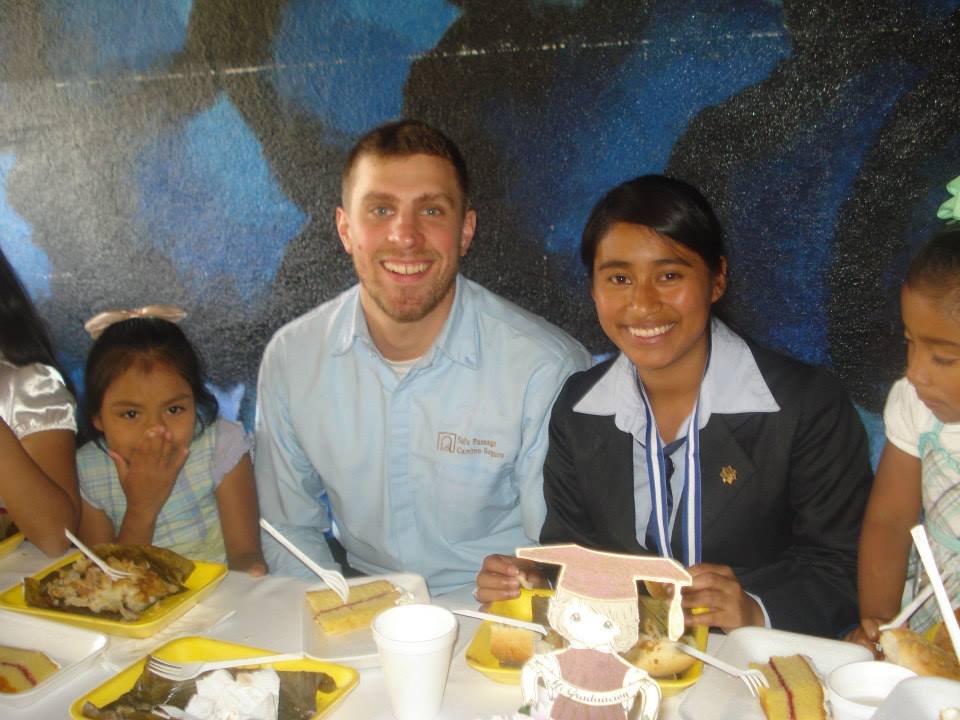I have not thought about the TV series, St. Elsewhere, in years. Not until this morning, when my dear friend Jack referred to it in an email, he sent me. Do you remember watching this American medical drama in the early 80’s? I watched it in South Africa. The show was about the lives and work of the staff of fictional St. Eligius Hospital, an old and disrespected Boston teaching hospital. According to Wikipedia, “The hospital’s nickname, “St. Elsewhere”, is a slang term used in the medical field to refer to lesser-equipped hospitals that serve patients turned away by more prestigious institutions.”
You may be wondering where I am going with all of this. It all started when my quirky mind jumped into gear while I read this in Jack’s email, “… one must admit, [it is hard] when one wishes for St. Elsewhere, when here is the moment we have.” Of course, the moment Jack refers to is this pandemic with all its endless challenges and restrictions. For me, as you already know, the moment is here, nestled in my room during this particular Covid outbreak. As well you can imagine, hunkering down in my hermitage for the fourth time, was not high on my to-do list. I had other plans. Still, once again, I had to face, as John Lennon put it, that “Life is what happens to you while you are busy making other plans.”
At some point during this alone time, I began to wonder what God’s plan might be in all of this untimely stint of isolation. “I know the plans I have for you...plans to prosper you and not to harm you, plans to give you hope and a future” we read in the Book of Jeremiah 29:11. Did these plans have to include yet another stint of being sequestered in my room? As wonderful as it is to make plans and dream about being elsewhere, we should not be surprised if God brings us somewhere else. Ah, yes, there is that saying that we should let God be God. Still, sigh, I would like to have a say about my destination St. Elsewhere!
“For I know the plans I have for you,” declares the Lord, “plans to prosper you and not to harm you, plans to give you hope and a future.”
There are times in our lives when all of us would rather be anywhere else but where we are. Sure, being in isolation once again is reason enough to wish I were anywhere else but here. Where else would I rather be? Where is that place called Elsewhere? Obviously, this is not about Fernweh or Wanderlust. This is something different. In my present situation, I am wondering if it is because I am tired of being alone with myself. It is one of life’s ironies that, no matter how much we want to get away and be elsewhere, wherever we go, there we are.
Yes, wherever I am, there I am. But more importantly, God is there too. One of my favourite scripture quotes, “Make your home in me, as I make mine in you” (John 15:4) invites me to be rooted in God, my home, my dwelling place, the place where I abide. Home, then, is wherever I am and not elsewhere. Which begs the question, can I be happy here and now, sheltering in place during this “winter of [my] discontent?” In my warm home St. Here, instead of wishing I were elsewhere, can I be fully present here and now? Yes, I can. With the grace of God, here and now, though I am weak, I am strong. So here I am, with myself, in isolation, choosing to be content and at peace with my situation in St. Here, not hankering for that place called St. Elsewhere.
During these frosty winter months, the sun rarely shines into my room, except briefly around noon. What gift, to feel the sun’s warmth on my face here and now. Warmed like this, I count my many blessings and refrain from stressing over things I cannot change. Instead, I will shine some warmth by calling a friend and sending emails to those I know feel isolated and lonely. Perhaps you, who read this are one of them. Be blessed, my friend.
Sister Magdalena Vogt, cps
















